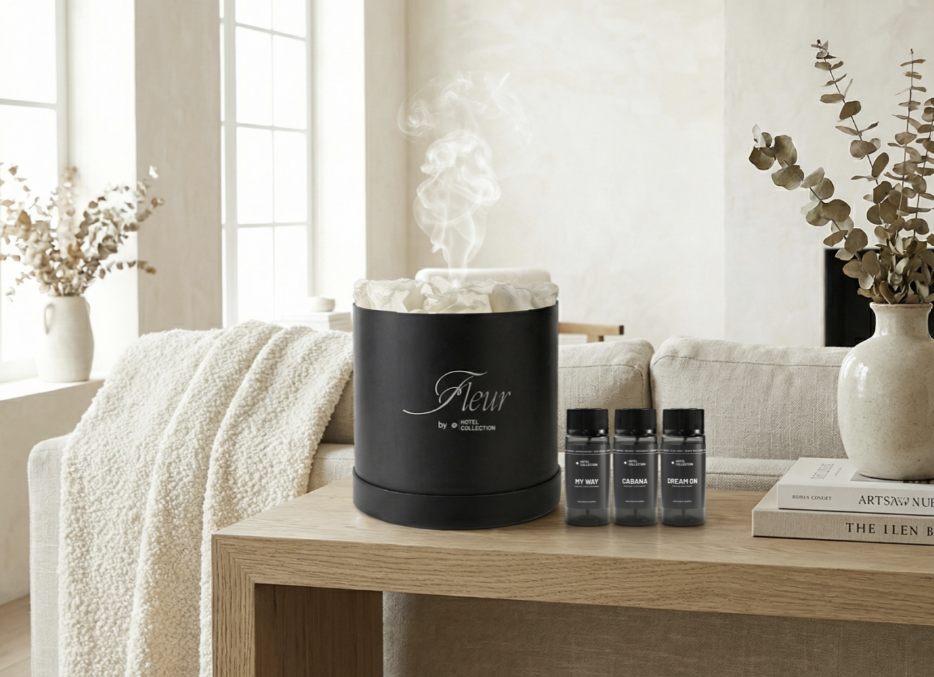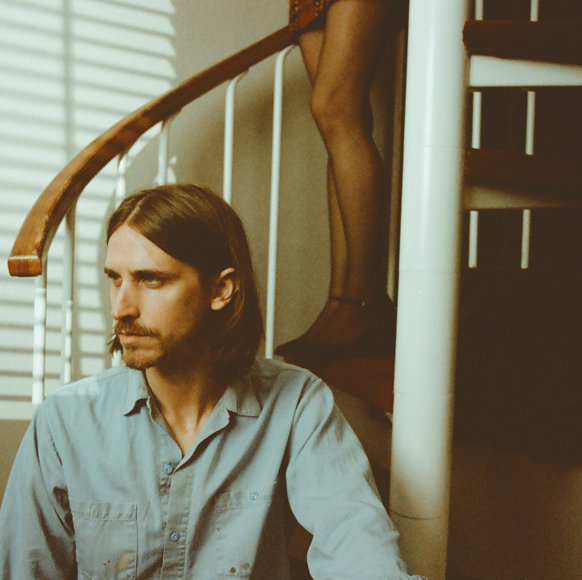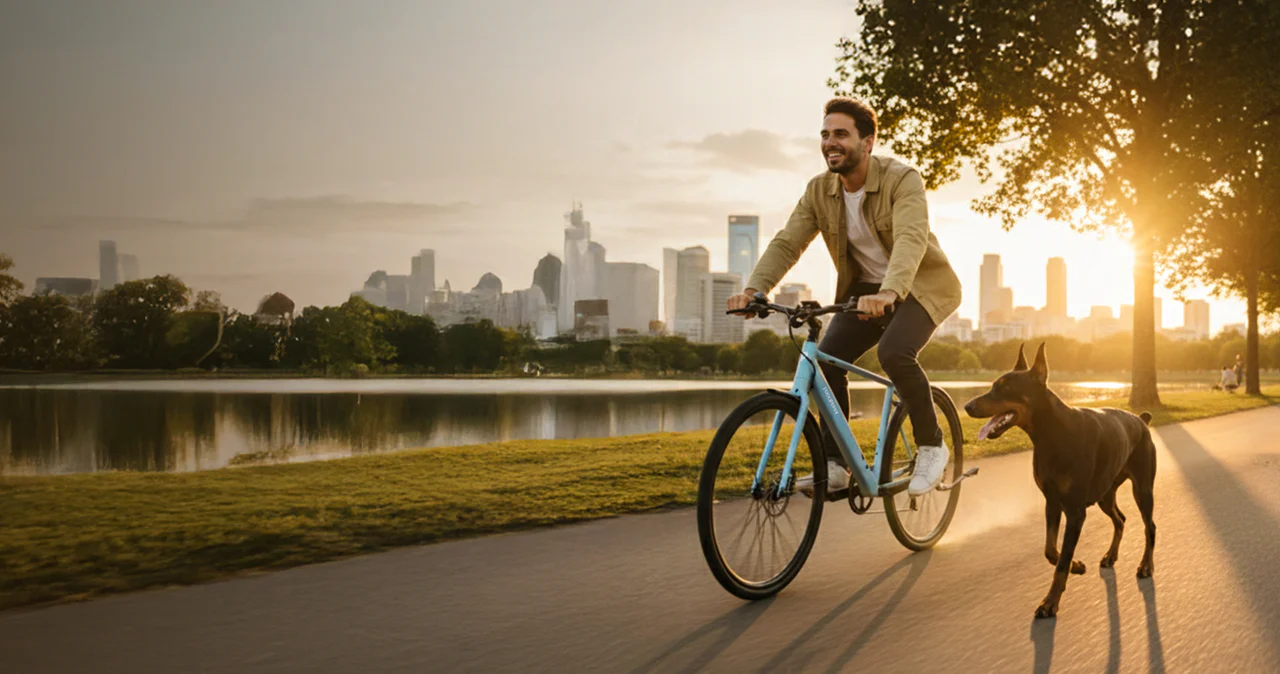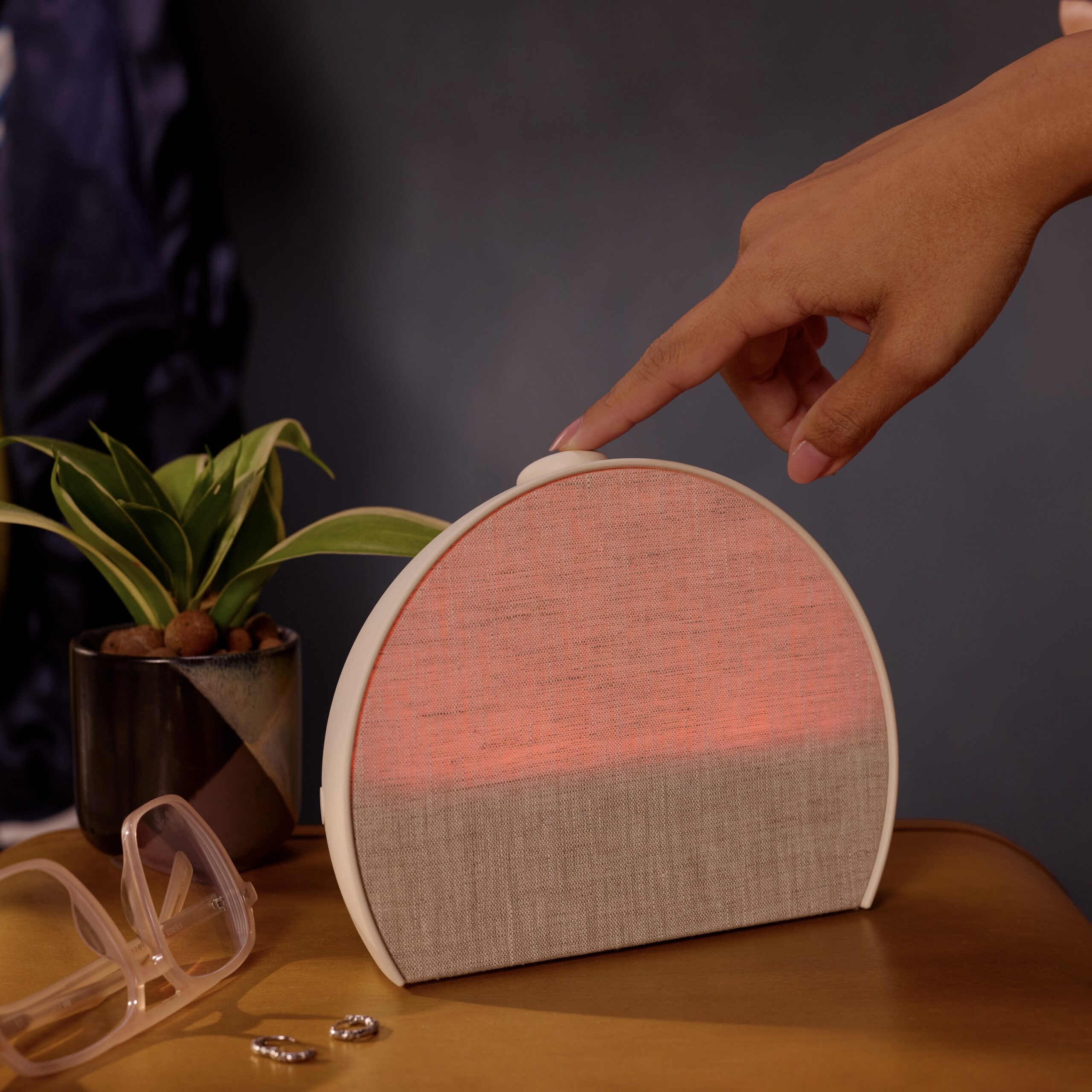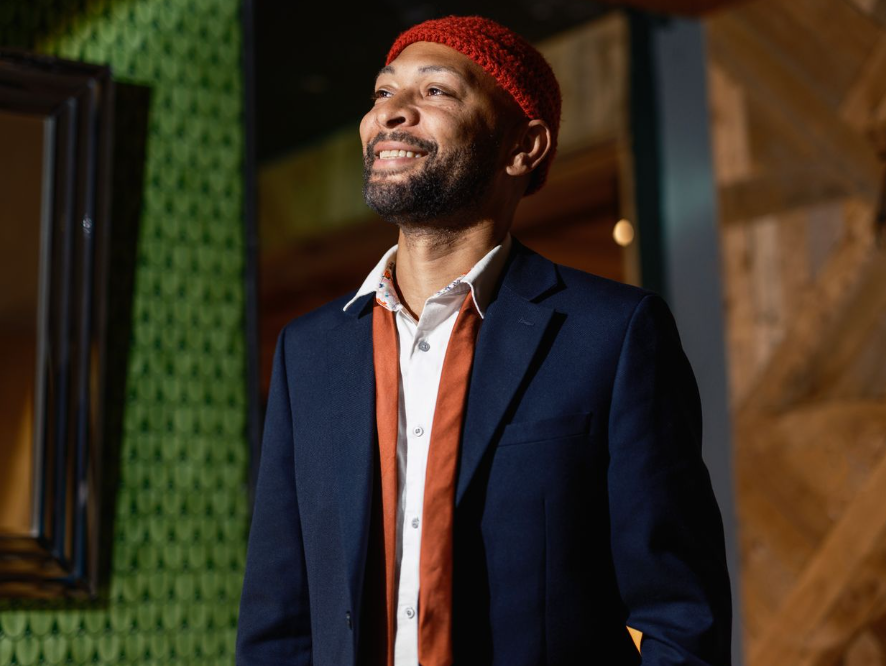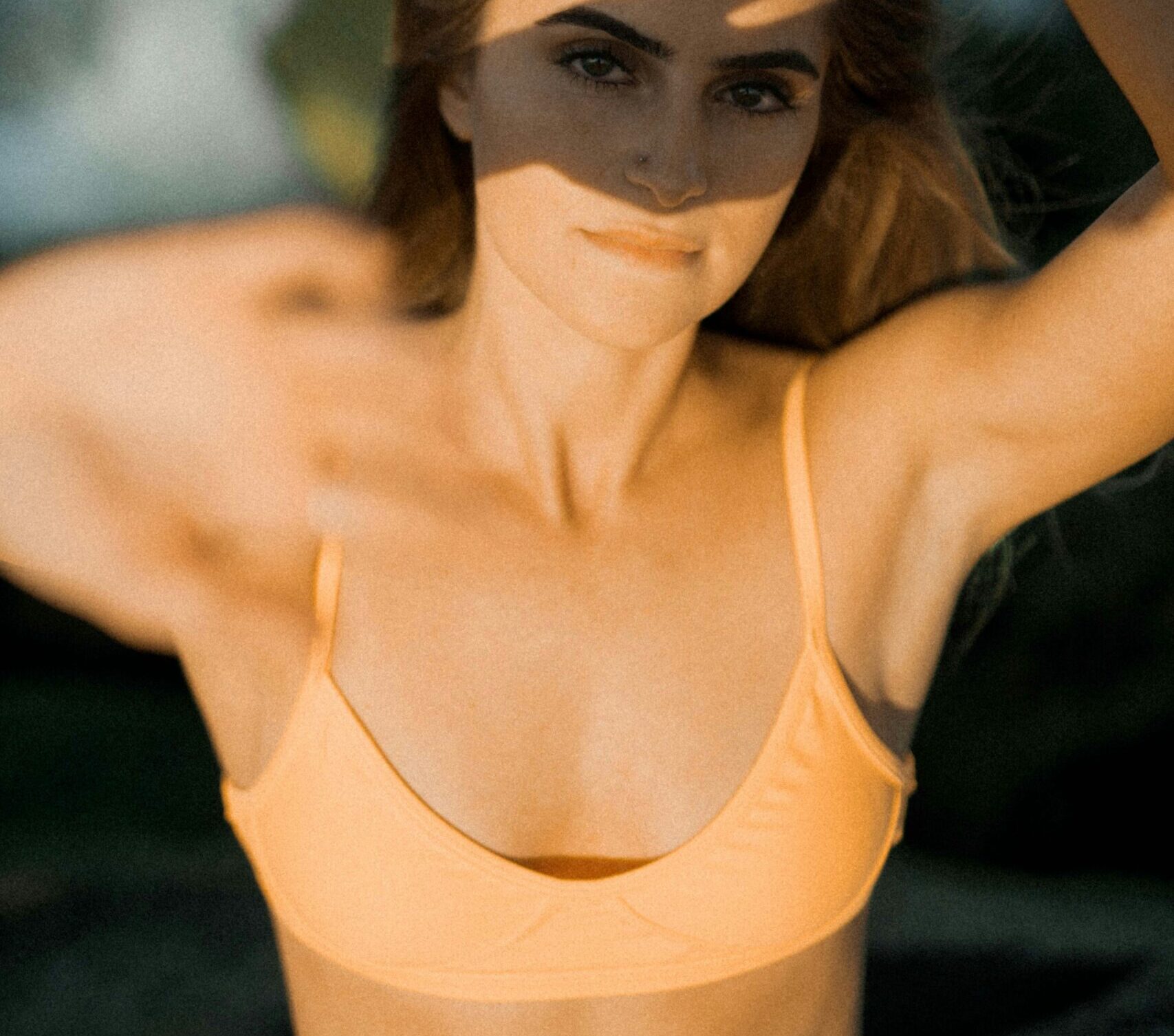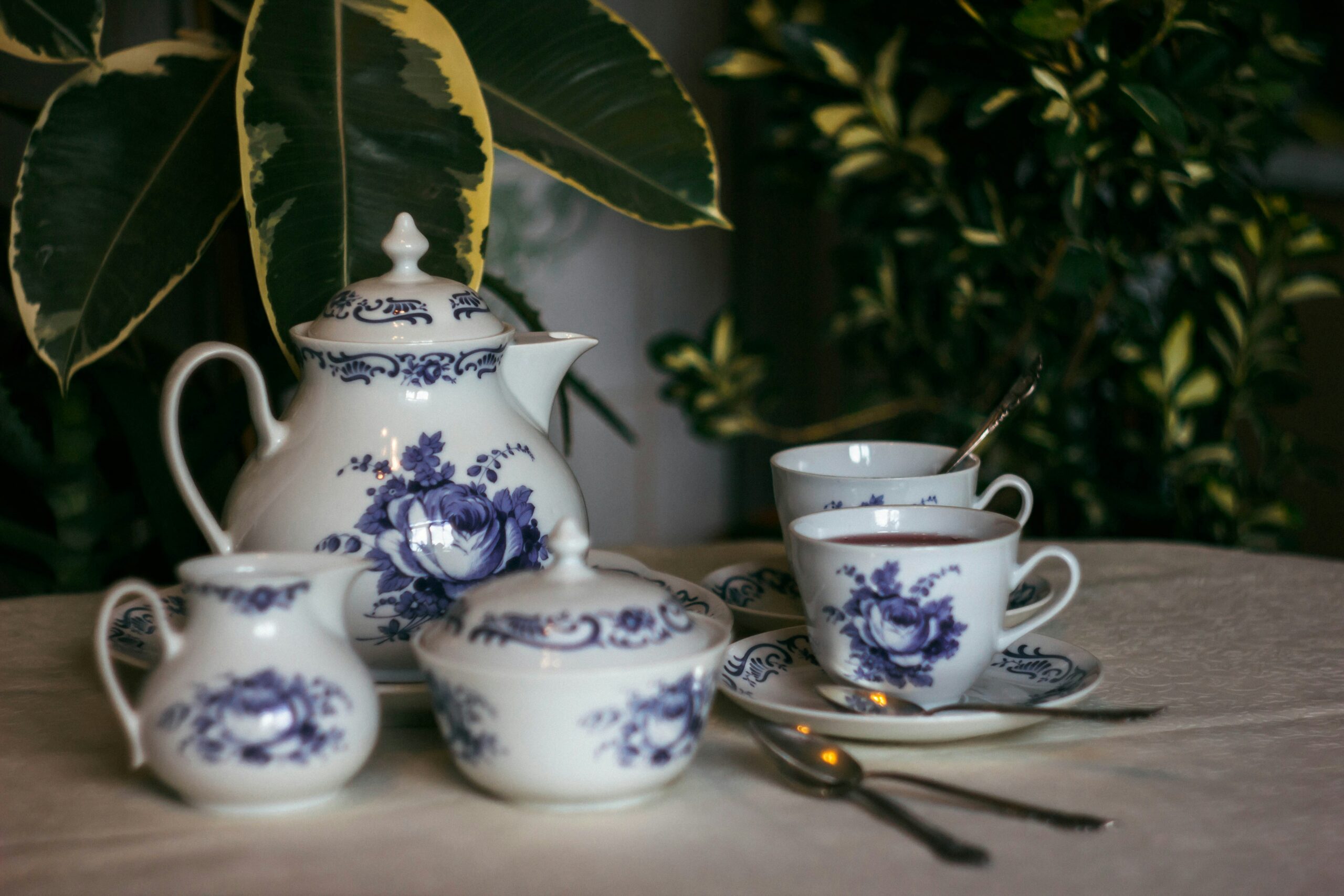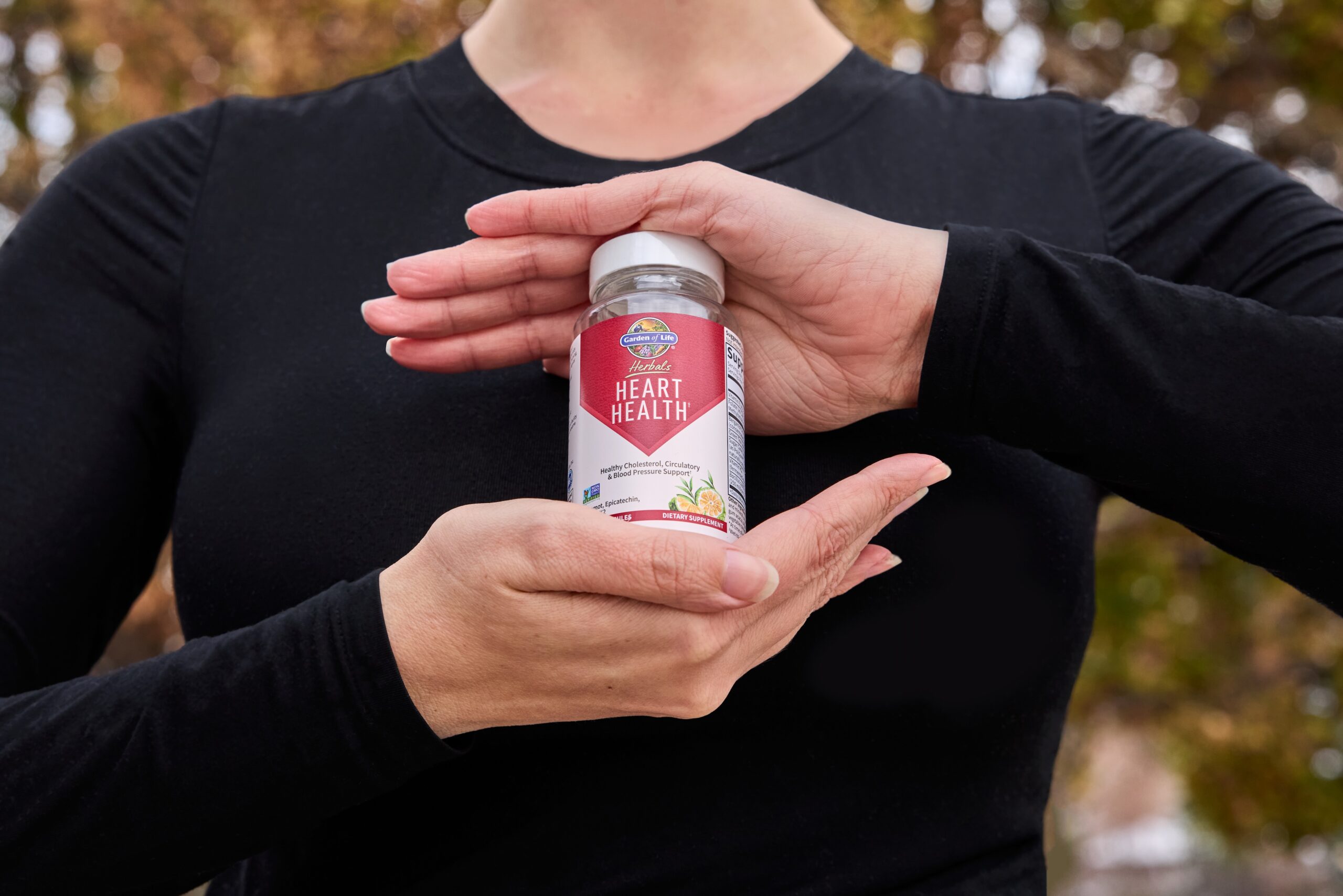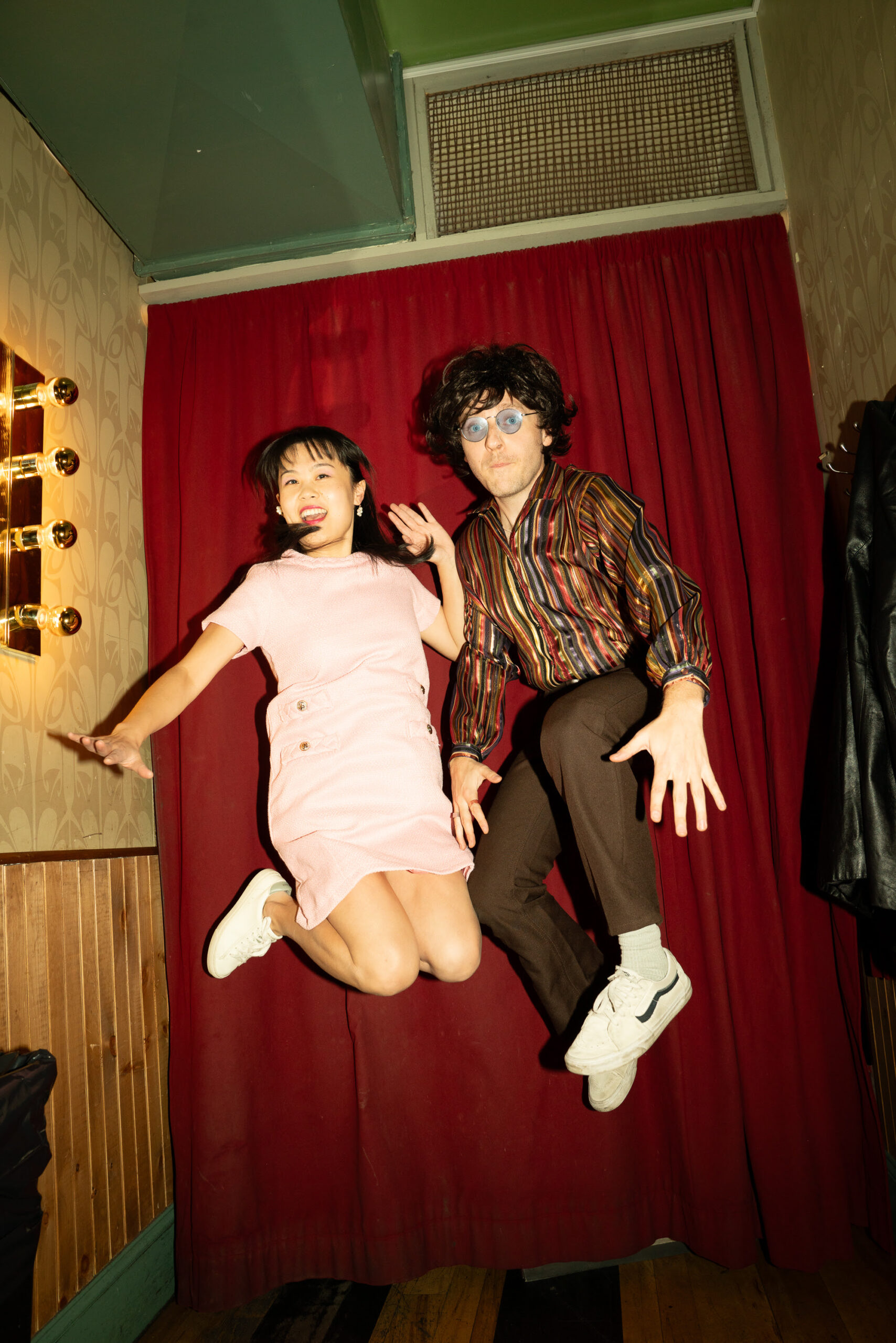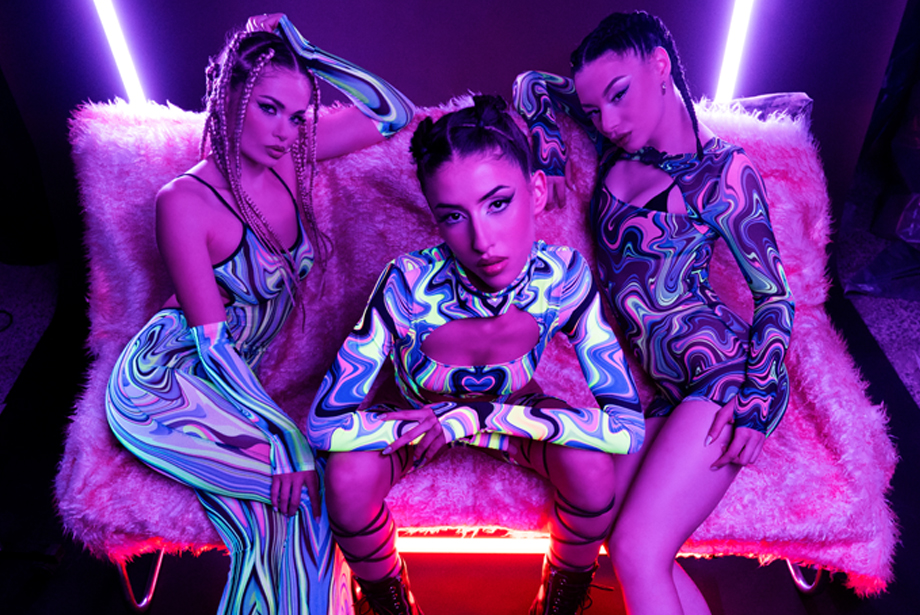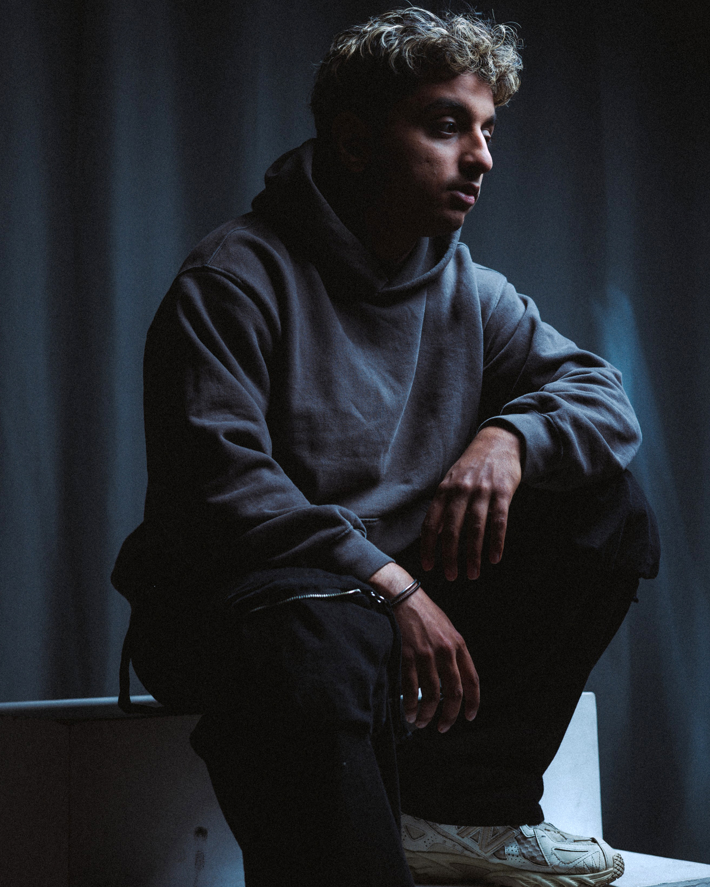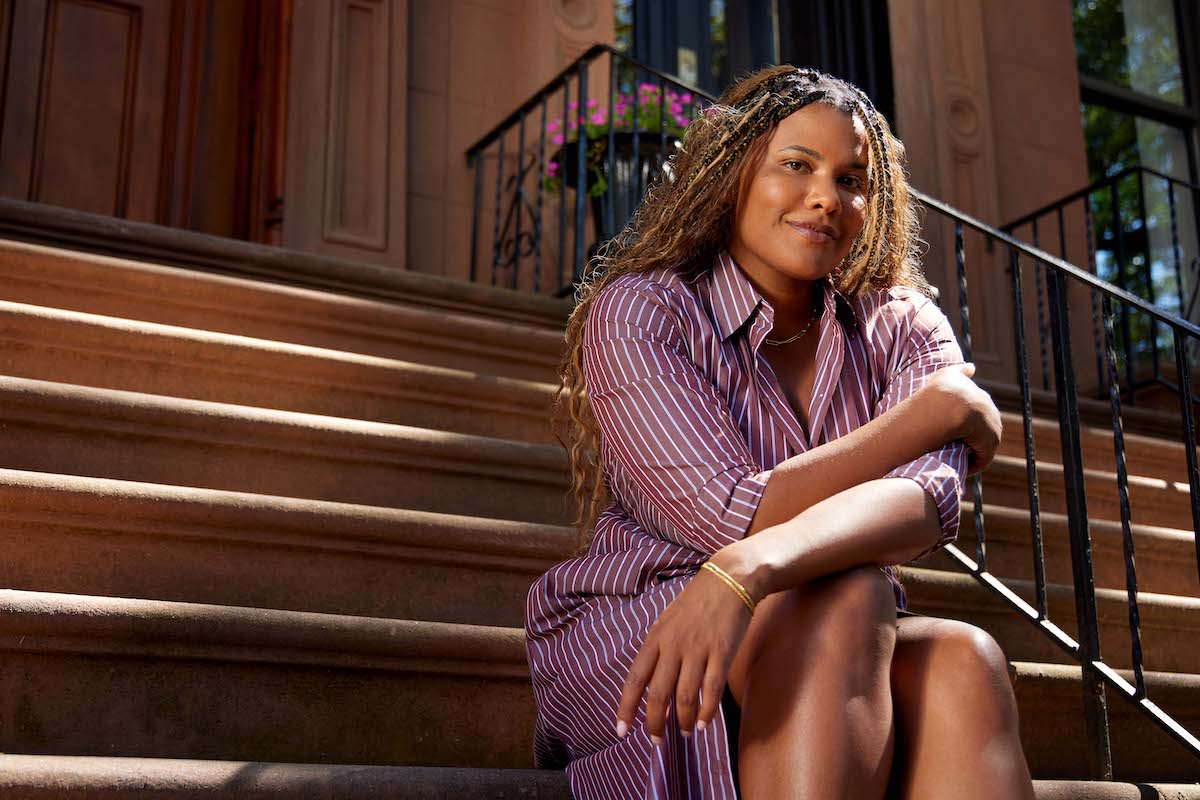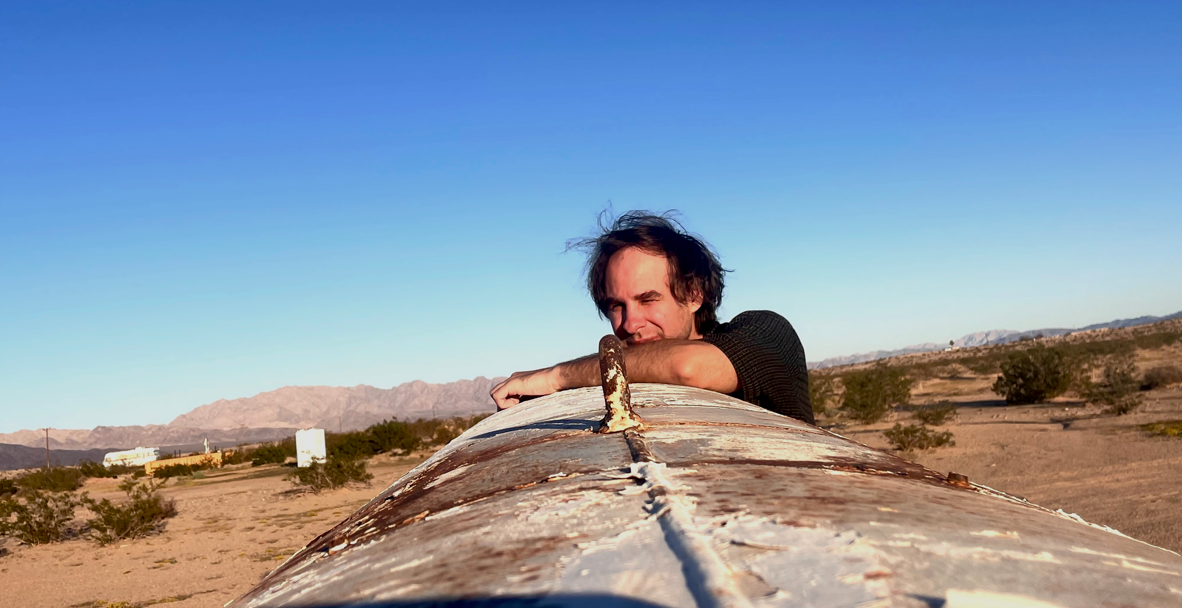
Selena Gomez
Image Press Agency/NurPhoto/Shutterstock
On Wednesday, at a press conference at the Cannes Film Festival for The Dead Don’t Die, Selena Gomez got candid about the side effects of social media.
“For my generation specifically, social media has been terrible,” Gomez said. “I understand that it’s amazing to use as a platform, but it does scare me when you see how exposed these young girls and boys are. I think it’s dangerous for sure.”
She added, “It’s impossible to make [social media] safe at this point… I see these young girls, I’ll meet them at meet-and-greets, and they’re just devastated by bullying and not having a voice. I would be careful and allow yourself some time limits of when you should use it.”
Gomez has long been open about her struggles with mental health. In October 2018, she was hospitalized and entered a treatment facility for anxiety and depression. This past April, she told Coach’s Dream It Real podcast about her time in treatment and in therapy, and also mentioned social media and its detrimental consequences.
“It is not that healthy to be on [social media] all the time because I noticed with me, I got kind of depressed looking at these people who look beautiful and amazing, and it would just get me down a lot, so I just think taking breaks is really important. But just know that most of it isn’t real,” she said. “I don’t mean to be rude, but it’s very unrealistic in a lot of ways, and I think that for me, I want to protect the youngest generation because they are exposed to so much information, and I feel like that causes a lot of anxiety at the youngest age.”
The day after Gomez spoke at Cannes, her thoughts were echoed by Game of Thrones star Maisie Williams, who told the podcast Happy Place that fame has been detrimental to her mental health—and the Internet’s willingness to corroborate her insecurity with cruel comments only made things worse. “Honestly, I want a normal life….I don’t want any of this crazy, crazy world because it’s not worth it,” she began, adding that used to seek out negative online criticism so she could “sit in a hole of sadness.”
“I still lie in bed at, like, 11 o’clock at night telling myself all the things I hate about myself,” she said. “I think there was a period of time where I was very sad, and then I came out of that, and now it’s just really terrifying that you’re ever going to slip back into it. That’s still something that I’m really working on, because I think that’s really hard. It’s really hard to feel sad and not feel completely defeated by it.”
However, Williams followed these admissions with some hopeful sentiments. “As soon as you start digging, you start asking yourself bigger questions than “Why do I hate myself?” It’s more like, “Why do you make yourself feel this way?” The answers to all of these questions really are within you. It sounds really hippie-dippy and like ‘look within you to find peace,’ but it is true and at the end of the day you’re making yourself feel this way for a reason.”
Finally, she said that though she still struggles, the best cure has been self-acceptance. She’s learned to understand that “everyone is a little bit sad,” she said, adding that “at least dropping the act and just being who you truly are, I think that’s definitely a first step.”
It’s currently Mental Health Month, so Gomez’s and Williams’s comments come at an appropriate time. Though their stories are different, they both contain common threads: fame is not a cure-all, and social media and the Internet can be extremely detrimental to anyone’s health, no matter how successful (or kind, or talented, or loved) one actually is.
They’re far from being the only stars who have been open about mental health struggles. Williams’ Game of Thrones co-star Sophie Turner has also come clean about her experiences with depression and body image. “I have experienced mental illness firsthand and I’ve seen what it can do to the people around [the sufferers] as well,” she told Marie Claire Australia.
She echoed Williams’ sentiments about the struggles of growing up on the set of Game of Thrones. “Maisie and I used to do it [stay inside] together. I think being friends with each other was quite destructive because we were going through the same thing,” she said on Dr. Phil’s Phil in the Blanks podcast. Her comments make an important point: while honesty and openness about mental illness is important, lamenting and practicing destructive behaviors with other mentally ill people is usually unhelpful.
Instead, Williams implied, a support system should include a wide variety of people—including a therapist. “Everyone needs a therapist, especially when people are constantly telling you you’re not good enough and you don’t look good enough,” she said. “I think it’s necessary to have someone to talk to, and to help you through that.”
Selena Gomez has expressed similar feelings about therapy. She’s praised DBT (dialectical behavioral therapy), a practice originally created for people with bipolar disorder that has been effective in treating depression, anxiety and more. According to a Vogue profile, Gomez is a “profound” believer in DBT, and said that it “has completely changed [her] life.”
It’s not only the super-famous who struggle with mental illness. Many studies have shown that social media and the Internet are having widespread effects on mental health across the board, with Facebook as the worst culprit and Instagram not far behind. In general, approximately 1 in 5 adults suffer from a mental illness.
So what can we do about this? There’s focusing on gratitude, accepting emotions as they are, and developing a healthy support system, to name a few. Also, limiting social media can help. “Perhaps you set a limit on your screen time each day or turn off your devices at a certain time every night. Whatever you do, carve in plenty of time for “real life,” writes Dr. Saju Mathew, M.D. “You’ll be happier and healthier for it.” Of course, nothing can replace good old-fashioned therapy.
Eden Arielle Gordon is a writer and musician from New York. Follow her on Twitter @edenarielmusic.
POP⚡DUST | Read More…
Jameela Jamil On Abortion Bans: “Women Who Are Poor and Disabled Will Suffer the Most”
How Black Drag Queens Invented Camp: An Incomplete History of Lena Waithe’s Jacket
Ed Sheeran Doesn’t Care About Healthy Boundaries
- Bell Let’s Talk and the Corporatization of Mental Health – Popdust ›
- Twitter’s #HowIFightDepression Offers Tips for Depression – Popdust ›
- “The Dead Don’t Die” Review: Very Slow Kills of Even Slower Zombies – Popdust ›
- 14 Famous Celebrities with Depression – How to Deal with Depression ›
- Selena Gomez Opened Up About Disney, People Thinking She’s … ›
- Sophie Turner Says She Felt Pressure to Lose Weight While Filming … ›
- Selena Gomez undergoing DBT — here’s what that is ›
- Celebrities Who Have Battled Mental Health Issues ›
- Maisie Williams describes Game Of Thrones ending as ‘beautiful … ›
- Julia Michaels: Talking about mental health – Toggle ›
- Selena Gomez News plus Instagram and Boyfriend Updates | Daily … ›
- Lili Reinhart Starts Journey of Self-Love as She Begins Therapy Again ›
- selena gomez | SHEmazing! ›
